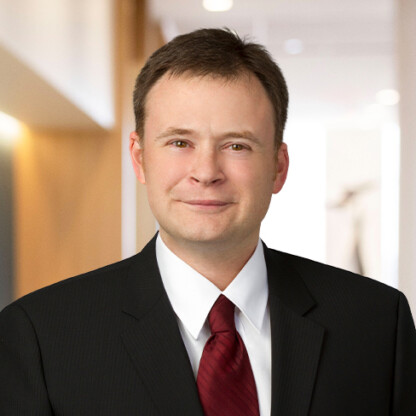Partner Christopher Swift was quoted in a Legaltech News article, “Why the Assange Conspiracy Case Isn’t a Lock for Prosecution,” about some of the hurdles prosecutors will face in securing a conviction against WikiLeaks founder Julian Assange.
Swift noted that Assange’s extradition to the U.S. could be refused under the European Convention on Human Rights if the charges against him are punishable by the death penalty, although prosecutors in the Eastern District of Virginia, where the case is based, say Assange is facing a maximum penalty of five years in prison on a single count of conspiracy to commit computer intrusion under the Computer Fraud and Abuse Act.
Swift noted that Assange’s extradition to the U.S. could be refused under the European Convention on Human Rights if the charges against him are punishable by the death penalty, although prosecutors in the Eastern District of Virginia, where the case is based, say Assange is facing a maximum penalty of five years in prison on a single count of conspiracy to commit computer intrusion under the Computer Fraud and Abuse Act.
People
Related News
16 May 2025
In the News
Foley's East Coast Litigation Additions Highlighted in Legal Press
Foley & Lardner LLP partners Kenneth Breen, Phara Guberman, and Joseph Dowdy are featured across legal press for their recent move to the firm.
16 May 2025
In the News
Foley Attorneys Assess AI Use in Clinical Trials
Foley & Lardner LLP partners Monica Chmielewski and Kyle Faget shared insights on the growing adoption of artificial intelligence in clinical trials in the Clinical Trials Arena article, "Are regulators keeping pace with AI adoption in clinical trials?"
15 May 2025
In the News
Grace Fucci Publishes on Sustainability in Luxury Fashion
Foley & Lardner LLP associate Grace Fucci explores the intersection of luxury fashion and sustainability in The Global Legal Post article, "Can luxury fashion houses join the sustainability discussion?"
